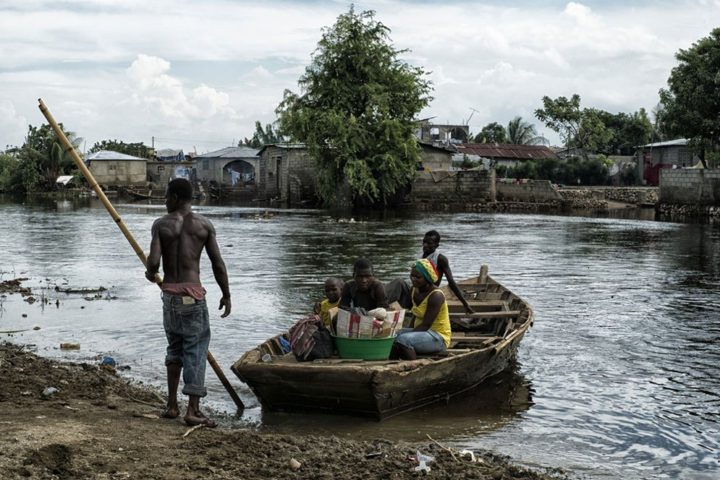Human Wrongs Watch
The rise of violent extremism, the effects of forced displacement, extreme weather events and other challenges are taking a heavy toll on the health and integrity of families in crisis situations, UN Secretary-General Ban Ki-moon on 15 May 2016 said, marking the International Day of Families with a call for Governments to support the crucial role of families in all their diverse forms.
“This year’s International Day of Families falls at a time of upheaval and tragedy for families around the world,” the UN chief said in his message for the Day. “Even in relatively stable societies, families still struggle with violence, discrimination and poverty.”
The theme of this year’s Day – “Families, healthy lives and sustainable future – highlights the importance of the role of families and family policies in promoting healthy lives and the well-being of everyone at all ages.
Activities for this year’s Day – which is marked worldwide on 15 May – will focus on issues relating to family environments and work-family balance to improve health outcomes for all family members, as well as on the role of parents in youth and children’s well-being, with particular attention to the role of men, as well as intergenerational transfers and the well-being of older adults.
In his message, the Secretary-General noted that families are on the frontlines of global efforts to realize the 2030 Agenda for Sustainable Development, and are particularly essential to achieving Sustainable Development Goal (SDG) 3, in which all UN Member States committed to promoting healthy lives and well-being for all.
“Children thrive when they receive love as well as health care, education and other basics,” Mr. Ban said.
“During the sensitive time of adolescence, young people need emotional support along with reproductive health information and services. Young lesbian, gay, bisexual or transgender people suffer much higher suicide rates than the general population, making their safety and acceptance a matter of public health,” he added.
The Secretary-General highlighted that in many societies, women and girls experience discrimination and violence within the family, which can have serious and lifelong effects on their health and well-being. Family life is also crucial to the health of older people, who stay active and healthy when their contributions are appreciated in the family and community, he noted.
Stressing that Governments must support the “crucial role of families in all their diverse forms,” the Secretary-General said they should provide access to reproductive health services so that parents can decide on the timing and size of their families. He added that maternal health care and paternal leave are also vital to enable parents to give their newborns the best possible start in life.
“I call on Governments, businesses, institutions and other partners to recognize that caregiving is an essential part of family life. Everyone needs care from family members at some point in their lives – and all should be able to provide that care when the need arises,” Mr. Ban said.
The Secretary-General also noted that promoting supportive family environments and positive parenting through policies and laws can help families raise healthy, happy children who can grow into valued, productive adults.
“Leaving no one behind means leaving no family behind,” Mr. Ban said.
“On this International Day of Families, let us resolve to advance sustainable development by creating a supportive environment where all family members of all ages can realize their potential to contribute to our world,” he concluded.
The Day was proclaimed by the UN General Assembly in 1993, reflecting the importance the international community attaches to families.
The Day has also inspired a series of awareness-raising events, including national family days.
In many countries, the occasion is an opportunity to highlight different areas of interest and importance to families. Activities include workshops and conferences, radio and television programmes, newspaper articles and cultural programmes highlighting relevant themes. (Source: UN).










